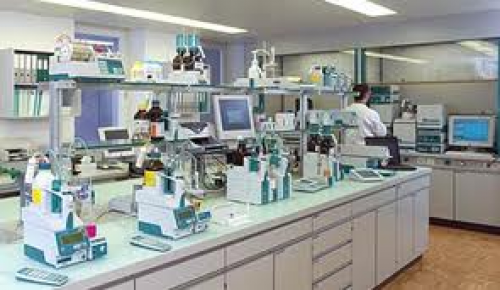
To increase production and efficiency in the food industry, there is a significant need for knowledgeable producers and well-trained intermediate-level personnel to guide them. The Food Technology Program aims to train this intermediate workforce that will work in the food industry. The program graduates will have theoretical and practical knowledge of food raw materials, food composition, processing, physical, chemical, and microbiological quality control, food safety, and food regulations. With this knowledge, they can work as Food Technicians in food industry production and quality control laboratories, and with the authority granted by regulations, they can also serve as Responsible Managers.
A food technician is an intermediary technical staff member who possesses more theoretical knowledge than technicians and less than senior managers or engineers. They are responsible for overseeing the work of skilled workers and technicians, reporting directly to management.
In this context, vocational schools offering the Food Technology Program bear great responsibility. Programs designed with this belief and view are implemented with great care. The curriculum spans from raw materials to food products and thoroughly explores all aspects. Students are informed in the most appropriate and current way, aided by technological data, and gain practical experience by applying their theoretical knowledge in surrounding food factories. This allows them to develop skills and gain experience, preparing them to enter the workforce equipped with the necessary professional competencies.
As with other programs, graduates of the Food Technology Program have the opportunity to continue their education at universities offering bachelor’s degrees through the vertical transfer exam (DGS).